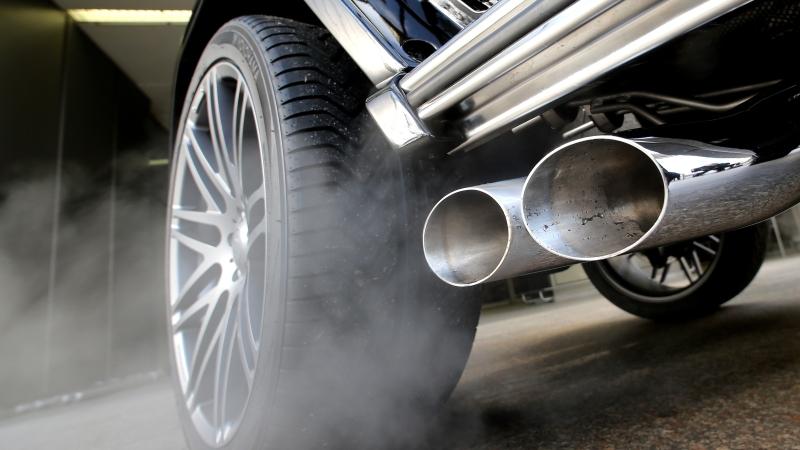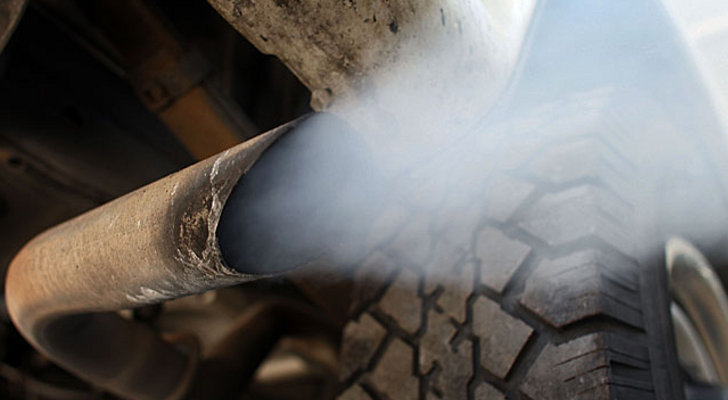
Europe’s 2021 CO2 target
Europe Government
Fiat, BMW, others may miss Europe’s 2021 CO2 target, study says
Automotive News Europe
May 27, 2014 21:11 CET
MILAN – Fiat and BMW may miss the European Union’s tougher CO2 target that takes effect in 2021, according to a study, which would force both automakers to spend more heavily on emission-reduction technology to avoid fines. Based on current progress, Fiat could miss the 2021 target by one year, and BMW by three years, said Transport & Environment, a clean-air lobby group that monitors the vehicle manufacturers’ annual progress toward meeting the goals.
“We intend to meet the targets,” said a Fiat spokesman told Automotive News Europe. BMW was not immediately available for comment.

The majority of automakers in Europe, however, are on track to meet the targets if they keep up with their past progress, said T&E said. Volvo, Toyota, PSA/Peugeot-Citroen, Renault, Ford and Daimler will reach their CO2 targets before the deadline, while Volkswagen Group and Nissan are on schedule to achieve their totals by 2021.
Several Asian carmakers, however, will have to speed up their introduction of emissions-cutting technology. The study shows Suzuki would need until 2023 to reach its target with Hyundai and Mazda taking until 2025 and Honda unitl 2027. These companies have just announced a collaboration to improve the efficiency of engines by 30 percent by 2020, T&E noted.
Supercredits
New emissions rules that went into effect earlier this year oblige carmakers to cut average fleet emissions of CO2 to 95 grams per kilometer in 2021, down from about 132g/km now. Each automaker has an individual target, and each is using more efficient powertrains, lightweight materials and more aerodynamic designs to cut emissions.
To further help them meet their targets, automakers can qualify for so-called supercredits, which allow the makers of very low emission vehicles, such as electric vehicles, to claim extra credits for them, so they can continue to produce more heavily polluting vehicles as well. Supercredits are capped at 7.5 grams of CO2 for the years 2020-2022.
Supercredits were not included in the study. Nor does the study take into account new models that will launch between now and 2021. It is based on current models available in the marketplace.
The tougher law on vehicle CO2 is part of the EU’s goal to reduce the greenhouse gas, which is blamed for global warming, by a fifth in 2020 compared with 1990.
Automakers, including Fiat, BMW and the Asian brands, are all widely expected to have little trouble achieving their emission goals by 2021.
“The report shows that most European carmakers are well positioned to hit their CO2 targets, irrespective of the size and type of vehicle they sell. Industry claims to the contrary have just been scaremongering. But some carmakers are beginning to lag behind and must raise their game to hit their targets,” T&E clean vehicles manager Greg Archer said.

Fiat has traditionally been among the most “green” carmakers in Europe because of its small engine expertise. The company has lagged behind rivals in introducing electric cars and hybrids because it has delayed investment due to slumping car sales in its home market of Italy. Fiat, however, said in May its upcoming product plan calls for hybrid minivans.
In BMW’s case, it has invested heavily in its new i subbrand, which includes the i3 electric car and the i8 plug-in hybrid. BMW also lobbied hard in Brussels for more generous supercredits than were eventually approved.

Leave a Reply